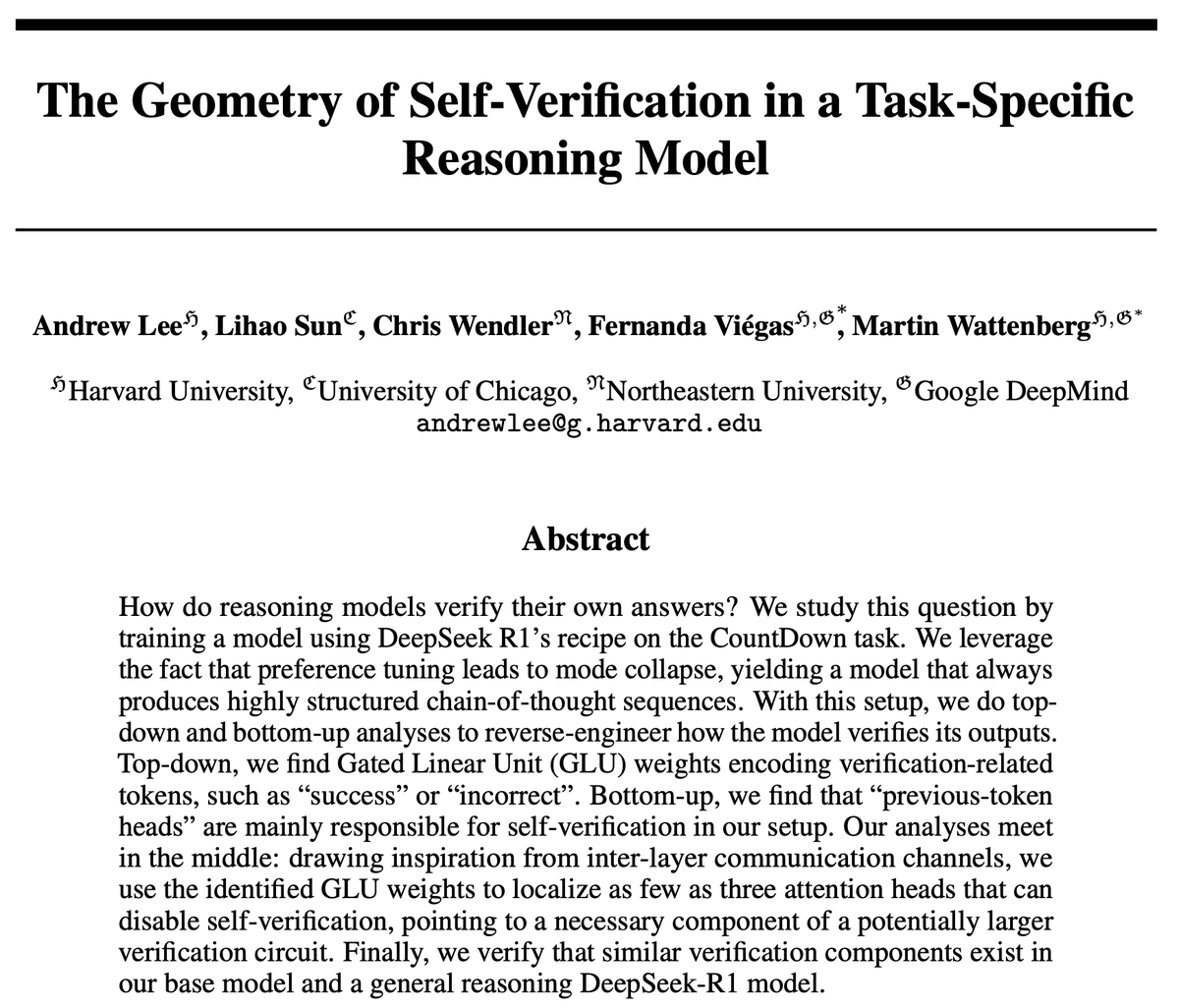
Samyak
@sams_jain
Research Fellow @MSFTResearch, Previous @_FiveAI, @kasl_ai, @val_iisc, CS @IITBHU_Varanasi.
Interested in foundations of AI and AI Safety.
ID: 1355198417673150469
https://samyakjain0112.github.io/ 29-01-2021 16:57:47
102 Tweet
252 Followers
803 Following

🚨 Are LLM compression methods (𝘲𝘶𝘢𝘯𝘵𝘪𝘻𝘢𝘵𝘪𝘰𝘯, 𝘱𝘳𝘶𝘯𝘪𝘯𝘨, 𝘦𝘢𝘳𝘭𝘺 𝘦𝘹𝘪𝘵) too good to be true and are existing eval metrics sufficient? We've looked into it in our latest research at Microsoft Research 🧵 (1/n) arxiv.org/abs/2407.09141

Progressive distillation, where a student model learns from multiple checkpoints of the teacher, has been shown to improve the student–but why? We show it induces an implicit curriculum that accelerates training. Work w Bingbin Liu, Sadhika Malladi, Andrej Risteski, Surbhi Goel





I'll be at NeurIPS Conference, sharing my work on understanding safety fine-tuning and jailbreaks. Visit our poster on Wed 11, Session-2 (#3306) Also super excited to discuss about my current work at Microsoft Research on understanding lottery ticket hypothesis. Please reach out to chat!

Excited to head to NeurIPS Conference today! I'll be presenting our work on the representational capabilities of Transformers and RNNs/SSMs. If you're interested in meeting up to discuss research or chat, feel free to reach out via DM or email!





IKDD congratulates Sravanti Addepalli IISc Bangalore for enhancing the robustness of Deep Neural Networks against adversarial attacks and distribution shifts while addressing practical deployment challenges. Preethi Jyothi Manish Gupta Amith Singhee



Proud to announce that Dr Robert Kirk defended his PhD thesis titled "Understanding and Evaluating Generalisation for Superhuman AI Systems" last week 🥳. Massive thanks to Roger Grosse and Sebastian Riedel (@[email protected]) for examining! As is customary, Rob received a personal mortarboard from


This work from my friend Pranav Nair seems very interesting! I wonder how this relates to recent work on scaling laws for precision: arxiv.org/pdf/2411.04330. Does this follow a similar trend still? I guess for 2 bit quantization it breaks the expected trend.








